Denise Chaila is on the front line making Ireland a better place


Words: Katie Gartland
Photography: George Voronov
Following the announcement of this year’s Choice Music Prize nominees, we are revisiting our archives and dusting off some of our favourite features with the selected acts.
You’d have to be living under a rock to have missed out on what could safely be described as Chaila Season. South West resident by way of Zambia, Denise Chaila captivated audiences across the country with her compelling performances at Other Voices’ now-iconic Courage series. For some keen music fans, they’ll be long time admirers, but it was 2020 where Denise realised her true potential and created accessible anthems without compromising her message. Over a year prior to the release of her debut mixtape Go Bravely, Denise spent a week in Cuba with the District crew and since then has gone on to be one of the most in-demand persons in Ireland. We painted a picture of her ascendancy from a promising poet to bonafide star in the space of 12 months.
District & Havana Club have the same mutual love for supporting authentic music cultures and exposing people to new experiences. Together in 2019, we brought four of the most exciting contemporary artists from Ireland to Cuba, the home of Havana Club, with the hope of playing a part in inspiring new creative and collaborative possibilities. One year on, we are catching up with the acts to see how their experience in Havana has inspired them to achieve success and reach new heights.
Between recording music, performing, and releasing new work—the past few months have been ever so slightly chaotic for Denise Chaila. Along with appearing on the Late Late Show she has performed for Other Voices, released music with multiple Irish artists, and continued to perform both online and in person. All of this while becoming a de-facto spokesperson for anti-racism in Ireland. Despite a hectic schedule, she found time to talk to District before heading to the studio for another recording session.
I chatted with Denise over Zoom as she dialled in from her Dublin hotel room. MuRli, her friend and producer sat in with us. God Knows, another key collaborator, popped his head into view throughout the call to chip into conversation. It’s safe to say that much of Denise’s success has been linked to these collaborators. Between MuRli’s release on Monday September 28 and Denise’s the following Friday, it has been all steam ahead for the artists.
The trio are endlessly prolific, they have been creating music together, collaborating on each other’s separate projects, and supporting each other in live performances throughout the last year. MuRli says that one of the key aspects in their dynamic is “openness”. They create most of their music in his living room, having important conversations in the same space helps them to be creative in their music. Working with supportive friends allows for expression within their comfort zone. “It’s kinda nice to be given room for your full personality to express itself,” Denise said. They often alternate between creating a track first and creating lyrics first. They value the importance of diversity in their music, trying to make a new sound for each song. Having God Knows and MuRli to work with became healthy competition, Denise admits. Their presence helps to keep her on her toes and inspires creativity. “They’re such good writers so I can’t slack… if I don’t keep my game up I’ll be eaten on a track.”
As District, our relationship with the trio began in earnest last year when we spent a week in Cuba together as part of an ongoing media project with Havana Club. Since Cuba, Denise’s music career has sky-rocketed. “It was worth dropping out of college for this,” she reflects on a year that has left her reeling from countless surreal highs. However, more exposure both online and on tv, has brought with it some downsides as she has come on the receiving end of racist comments from online trolls. Denise has never been one to be afraid of speaking openly about racism in Ireland or rap about it in her music but standing up for what’s right has carried with it a huge mental toll. She admitted that while her lifestyle has tired her out, she is very happy to be doing what she loves. Despite this, she strained the importance of putting down boundaries and taking time out in order to protect her mental health when speaking out publicly against racism, “I don’t have to wound myself publicly to gain your empathy or your ear”.
In recent years there has been a sinister rise in racism and bigotry on the Irish internet. After Denise’s appearance on the Late Late Show last week, she was prepared for the worst.
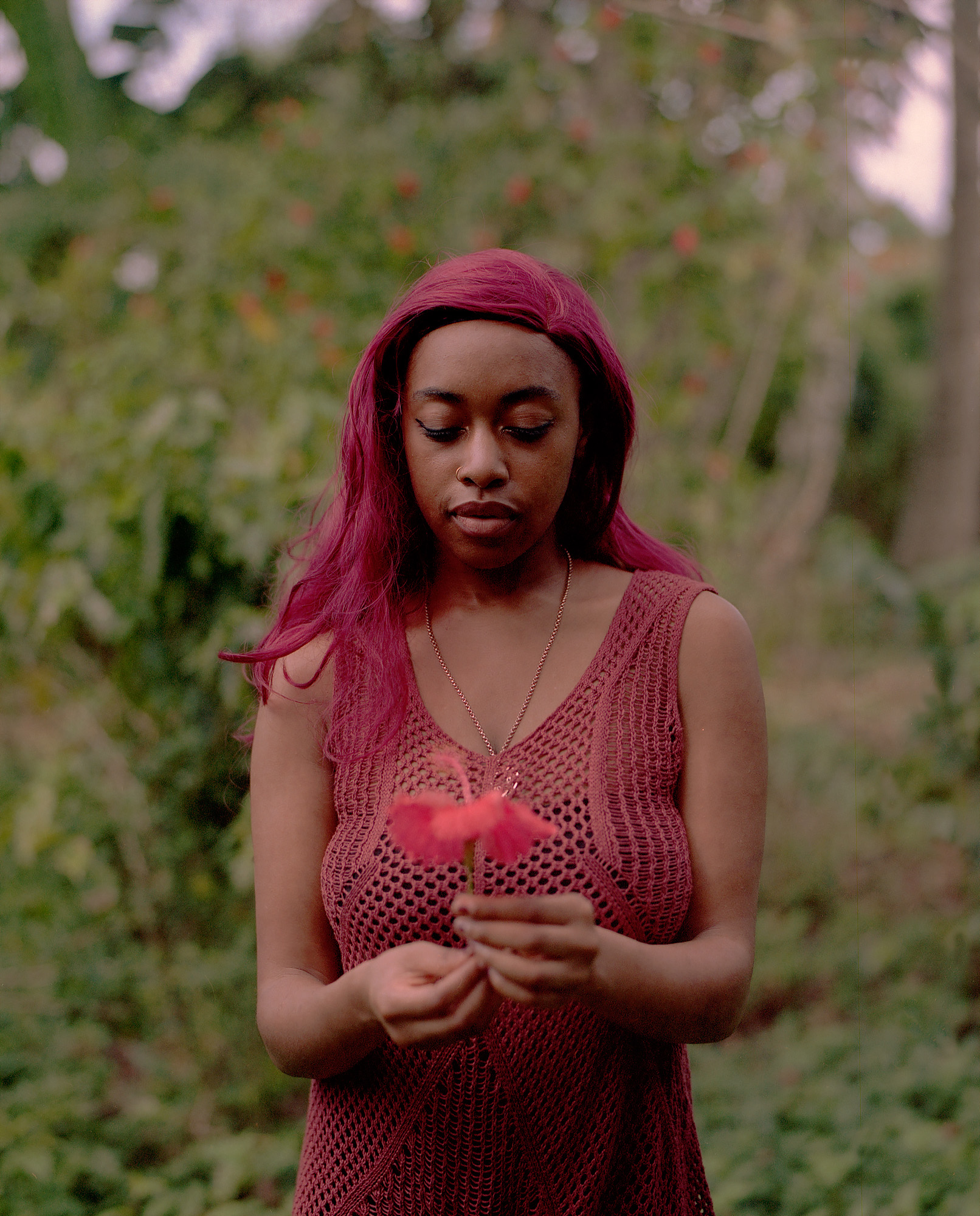
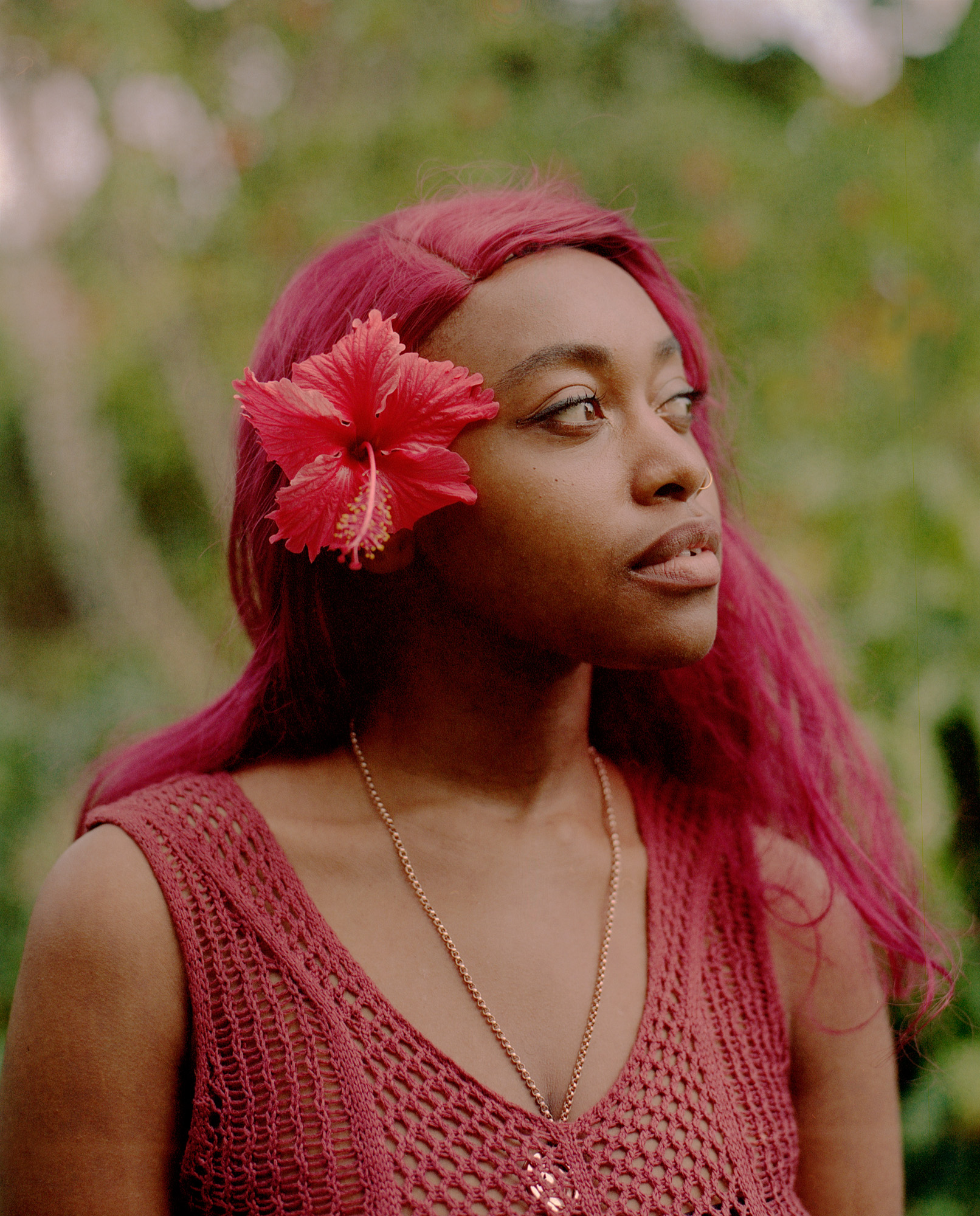
I don’t have to wound myself publicly to gain your empathy or your ear
Denise Chaila
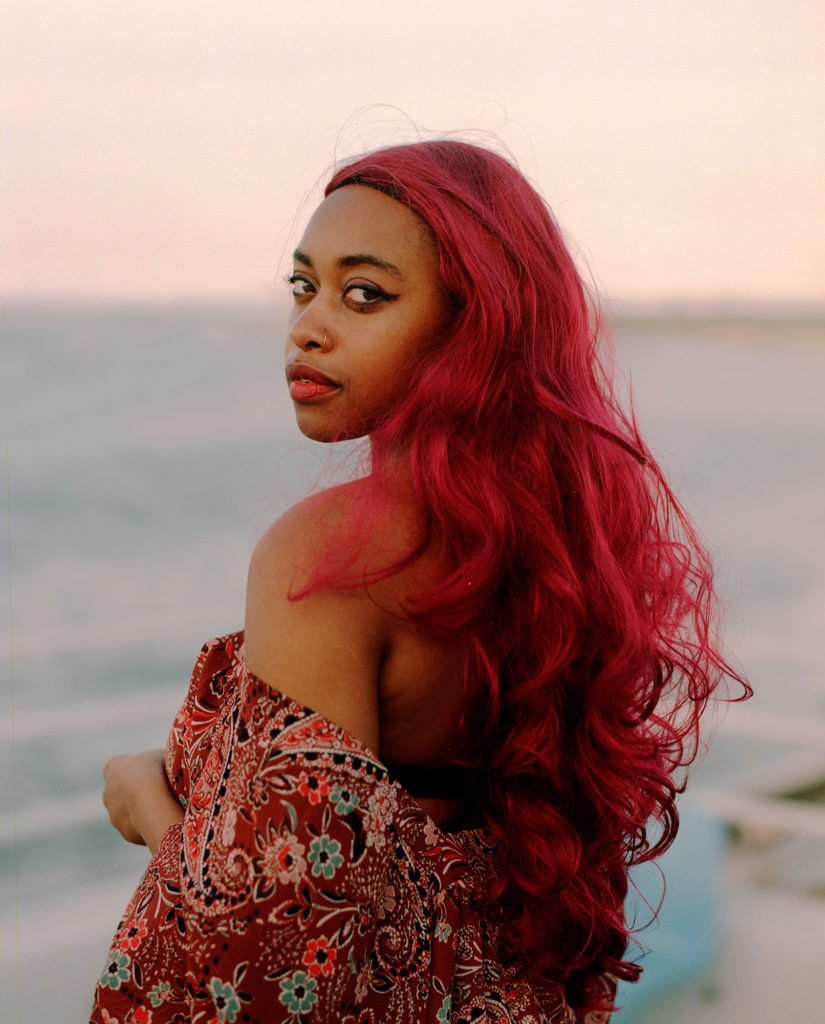
“People come out of the woodwork after these things,” Denise said. However, in the face of oncoming hatred, she was grateful for her strong network of family and friends who stood up for her online: “people who love me were risking their mental health to shout them down”. Though she supports and acknowledges the importance of activism, Denise has said there’s a fine line between fighting against injustices and harming your mental health. “I don’t ever want people to feel like encouraging growth and change means encouraging risking your mental health in order to talk to people who aren’t even gonna listen to you,” she explains.
When writing online, she usually tries to not engage with trolls. She would rather have a conversation with friends instead of someone who fundamentally disagrees with her. When she starts to argue with a troll, she begins to feel sick.
“When I start to feel my stomach twisting and turning in knots, I get to a point of frustration where I physically want to cry… when I start feeling like that I know I’m speaking not to a person, but to an ideology. And they want to see me as an ideology and a projection of an insecurity in themselves.”
Tucking her hair behind one ear, Denise admits that there is a mental cost to any form of activism. “Any kind of work for social change, it’s such a deeply, deeply difficult work to do especially if you’re doing it consistently and doing it with your whole heart- so you will burn out.” With that, Murli chimes in about the power of using the ‘block’ button on Twitter. The first time he blocked someone on Twitter he felt a huge relief, “it’s actually that simple”. Denise agrees, “this is the era of boundary making. You have to know what to say no to in order to give space for what to say yes to”.
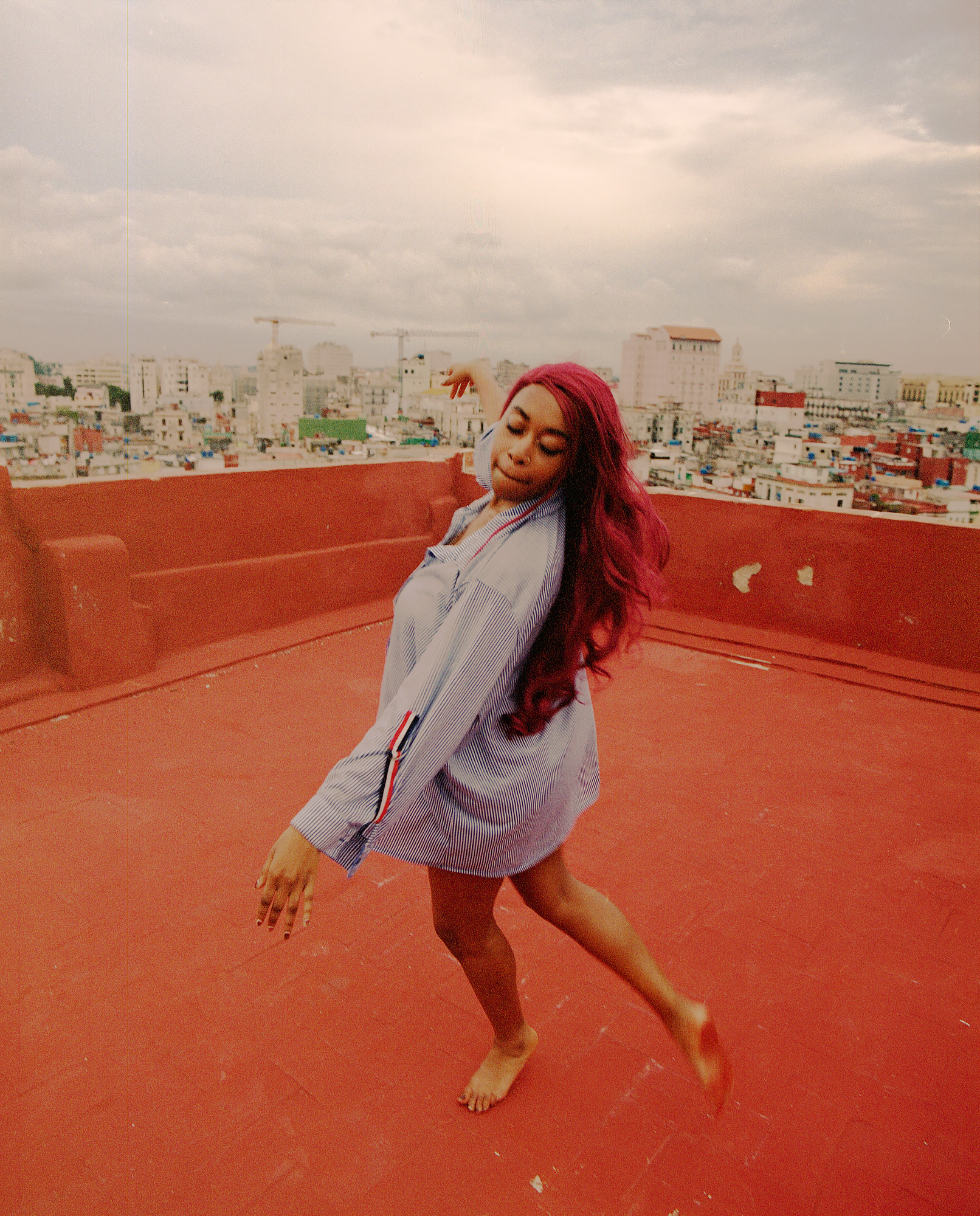
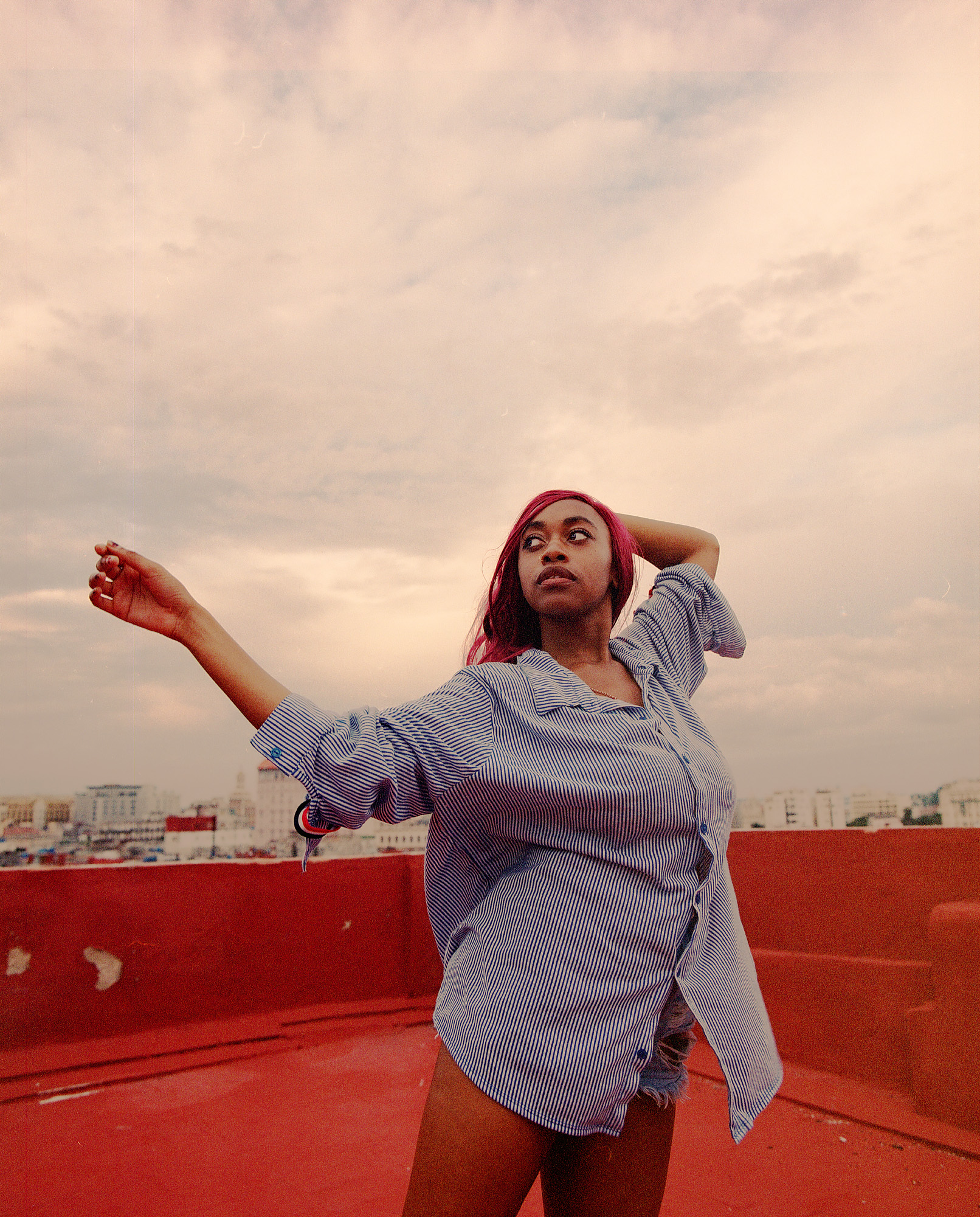
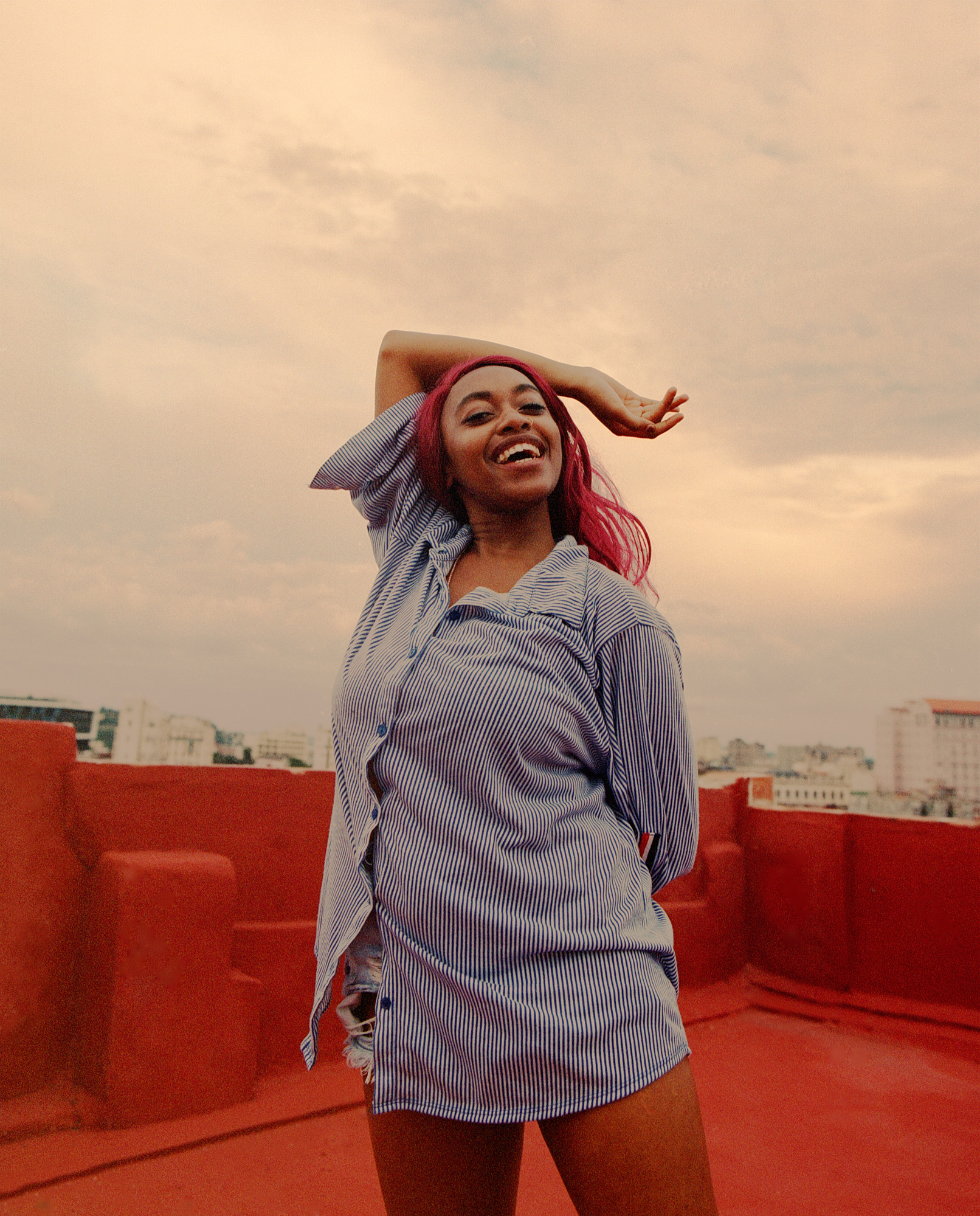
When she was a small child, Denise’s father, a doctor, accepted a position in Limerick. This decision saw Denise and her family moving to Ireland from Zambia and adapting to life in the South West. When beginning school in Limerick, Denise began to change her accent. “I couldn’t do school the way I wanted to do it unless I sounded like I passed in white spaces. So I looked for examples of people who spoke and were listened to and they tended to have a certain accent… I adopted their mannerisms in order to survive in this country.”
Moving the conversation further, Denise elaborates on the importance of social change in Ireland and how far we still have to progress in terms of our approach to race and culture. She expressed that even though Ireland has changed to an extent, for a long time, the only perception of Africa many people saw was through the messages of charities. When she was a child, black people were consistently depicted in narratives of “victimhood” and “poverty”. “People only understood Africa or Zambia in the context of the black babies in the [charity] box once a year.. NGOs created a culture of charitable pity and constructed black people as dependents for Europe… Now, as an adult when I get opportunities to speak I feel like I’m rewriting history for myself and for my friends… I think we deserve to see strong happy, joyful black people”.
People only understood Africa in the context of the black babies in the [charity] box once a year. NGOs created a culture of charitable pity and constructed black people as dependents for Europe
Denise Chaila
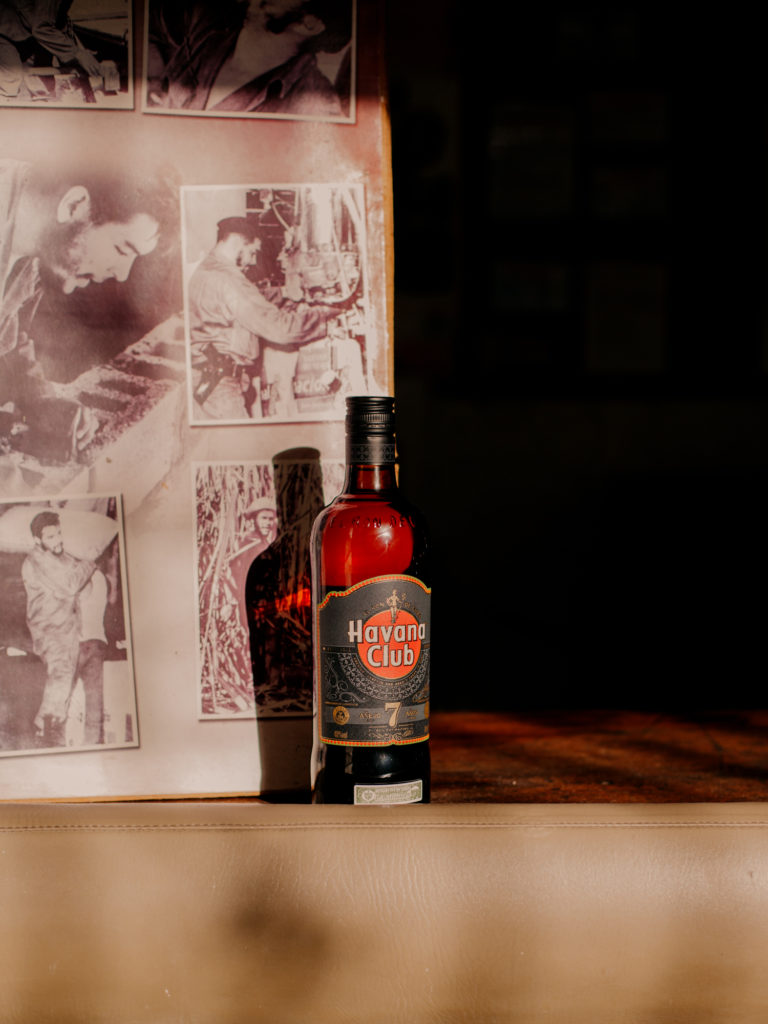
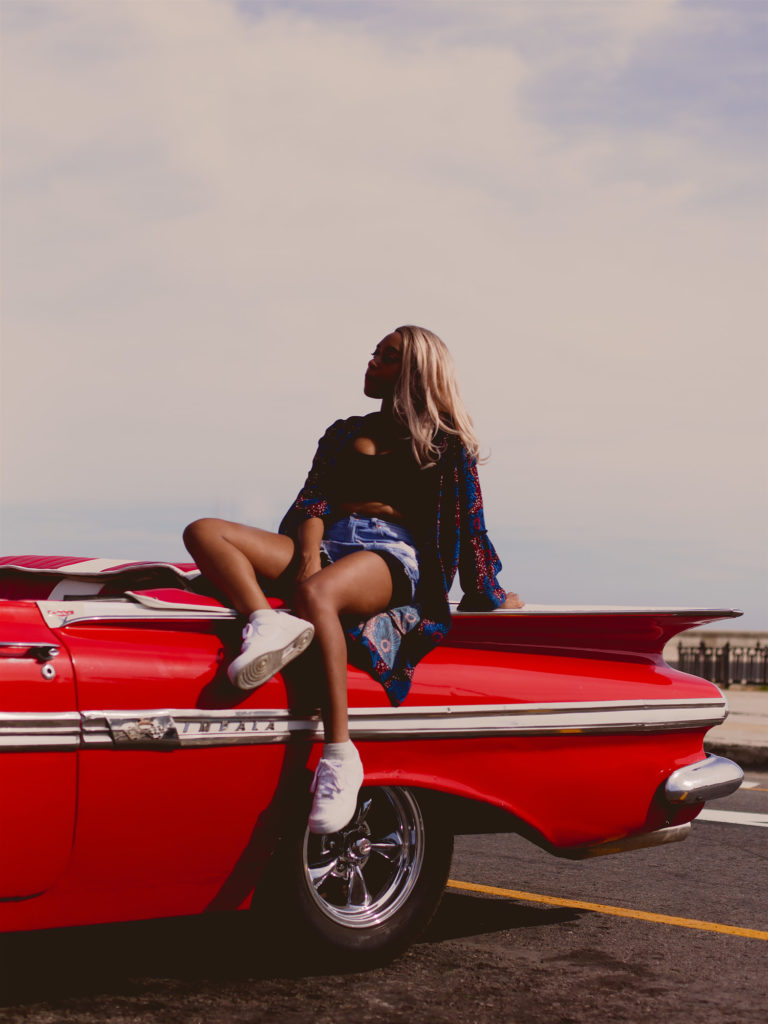
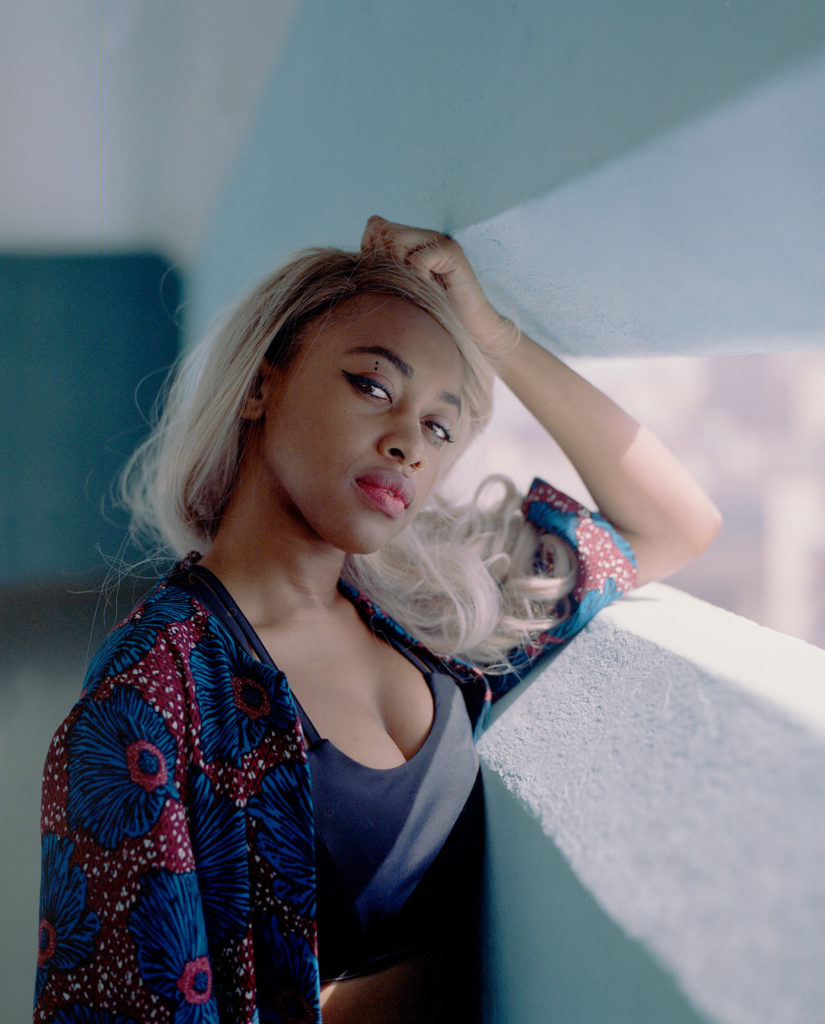
I’m not your female rapper. I’m a person who has a craft, I’m good at my job, it’s something I love and I do it to a standard of excellence.
Denise Chaila
MuRli adds that it was important for their generation to pave the way against racism for younger black Irish people, no matter the toll it may take on them. “If it’s important to you, you’re gonna have to sacrifice some part of yourself. I’m gonna take this heat now so my little brothers and sisters don’t have to deal with the same thing I dealt with growing up”.
He went on to say that the idea of being the first black person to do something important in Ireland takes away from action. Denise added that she used to be proud to be the first black person to do something, but soon realised; “That isn’t a success of blackness it’s a failure of whiteness.”
Beyond advocating for racial justice, Denise also finds herself on the front lines of conversations about gender. Her music makes a point of addressing gender equality, calling out rape culture and questioning gender norms. Discussing her track ‘Copper Bullet’, MuRli points out the reference to the black feminist writer bell hooks. Denise nods and smiles. As far as Denise is concerned, it should be obvious by now. She is a rapper regardless of her gender. “If you segue me into a female rap subgenre you’re also doing me a disservice- you’re doing you a disservice. I deserve to be remembered and recognised in a list of greats…I’m not your female rapper. I’m a person who has a craft, I’m good at my job, it’s something I love and I do it to a standard of excellence. Within that I represent womanhood.”
Denise Chaila is an extremely important part of Irish culture. She has embarked on a huge journey since moving to Ireland. With her musical family standing with her, Denise has seen her career grow. Despite gaining a larger fanbase and platform, she hasn’t been afraid to stand up for what she believes in. The extremely empathic approach that is present in her activism is also present in her art. Using the intersectionality that she faces as a black woman, she has created music that is representative of a new kind of modern Ireland.

